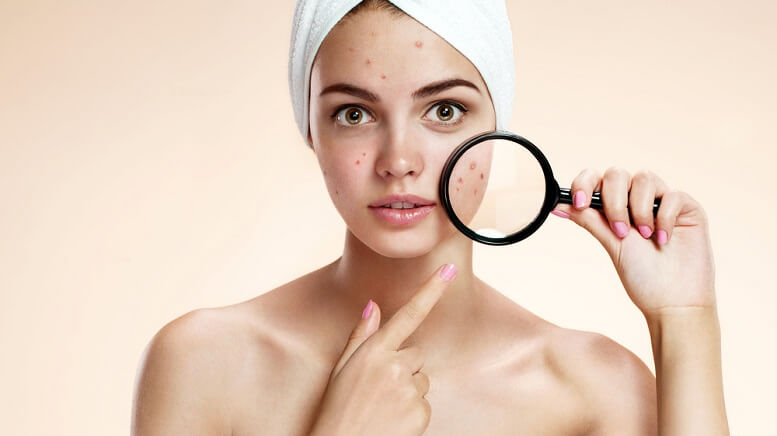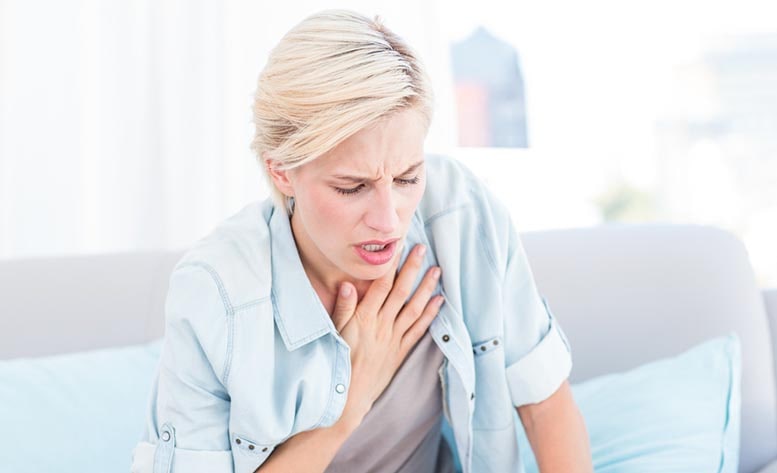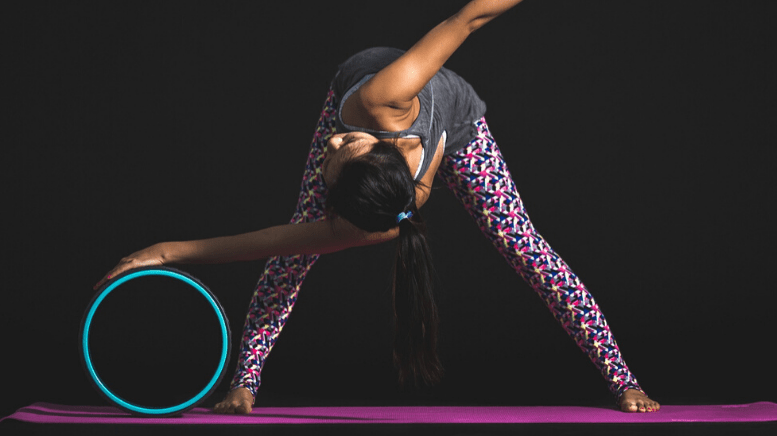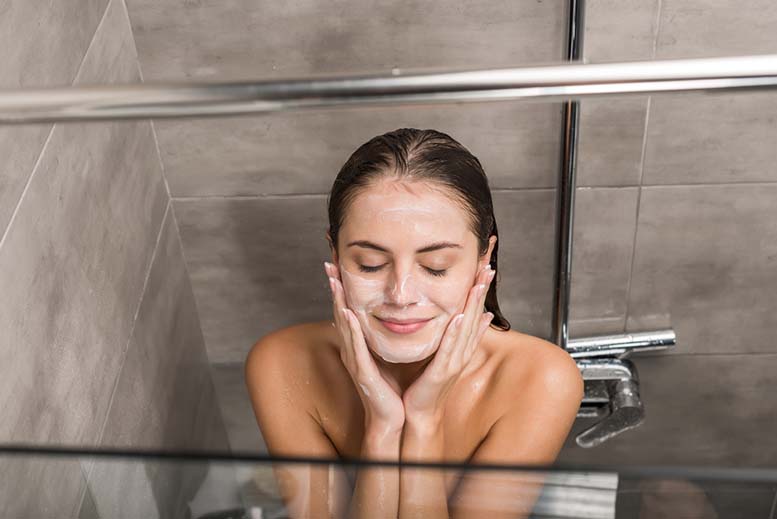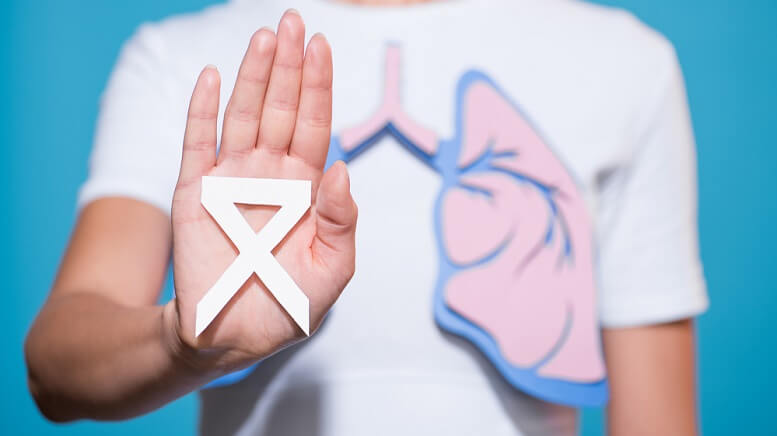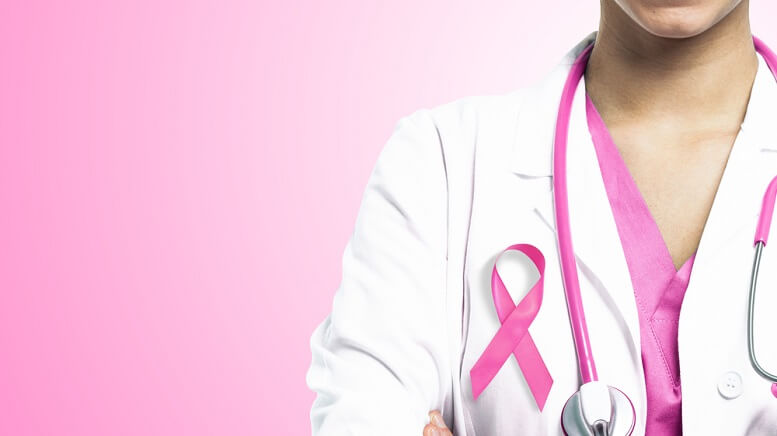Even if outbreaks of acne cannot be eliminated, conventional treatment can provide some much-needed relief.
The best acne treatments inhibit sebum production, limit bacterial growth, and/or encourage shedding of skin cells to unclog pores. Because many therapies can have side effects, people with acne should proceed with caution when trying a new treatment.
If your acne results in lowered self-esteem, makes you unhappy, is leaving scars, or is a severe, persistent case of acne, you may need to seek the care of a dermatologist.
Nonprescription Acne Treatment
Soap and water. Gently cleansing your face with soap and water one or two times a day can help with acne. However, it will not clear up acne that is already present. What’s more, aggressive scrubbing can injure the skin and cause other skin problems, so take care when you are washing your face and don’t do it more than twice daily.
Cleansers. There are several cleansers and soaps advertised on the market for treating acne, most of which contain glycolic acid, benzoyl peroxide, retinol gel, salicylic acid, or sulfur.
Benzoyl peroxide works by destroying the bacteria that is associated with acne. Salicylic acid helps to correct abnormal cell shedding and is available in many forms of acne treatment. When combined with other substances like alcohol and salicylic acid, sulfur is a component of many over-the-counter acne treatments. Retinol helps keep pimples from being able to form and affects the growth of cells, causing increased cell turnover to unblock pores.
Alcohol and acetone. Alcohol is a mild antibacterial agent, while acetone can help remove oils from the surface of the skin. These two substances are combined in some over-the-counter acne medications. However, they dry out the skin and have little or no effect on acne, so they are generally not recommended by dermatologists.
Herbal, organic, and “natural” acne treatment. There are many herbal, natural, and organic products out there being marketed as an acne treatment. The effectiveness of these natural products isn’t proven and don’t likely have many benefits.
When pus-filled pimples are ready to pop, applying a hot towel for a few minutes encourages the natural bursting process. Inflamed pimples should only be opened by a doctor or nurse using surgical instruments and following antiseptic practices. Squeezing pimples yourself can lead to further inflammation and even permanent scars.
Prescription Acne Treatment
Antibiotics can be used on top of the skin or taken orally to clear the skin of acne-causing bacteria and reduce inflammation. There are numerous topical products available in gels, creams, solutions, pads, foams, and lotions. Topical antibiotics for acne are limited in their ability to penetrate the skin and clear more deep-seated acne, while oral antibiotics circulate through the body and into sebaceous glands.
It’s important to note that oral antibiotics often cause more side effects than topicals, but can be helpful when used for more severe kinds of acne.
Topical erythromycin and clindamycin are antibiotics that are also anti-inflammatory and are effective against bacteria. They should always be used with a topical retinoid or benzoyl peroxide and be applied directly to the skin.
Other oral anti-inflammatory antibiotics typically used are tetracycline, doxycycline, and minocycline, which are all quite effective in many cases of acne.
Retinoids or vitamin A derivatives as acne treatment. Retinoids and vitamin A derivatives are available as oral or topical drugs. Topical retinoids help to clear up moderate-to-severe acne by affecting the way the skin grows and sheds and can be used in combination with other acne treatments, like oral antibiotics and benzoyl peroxide. Topical retinoids don’t have the same side effects of oral retinoids; however, they are not recommended for pregnant or nursing women. Side effects of topical retinoids include dryness, redness, and itchy skin.
Azelaic acid is another topical acne treatment that comes in cream or gel form. It has antibacterial and anti-inflammatory properties and is more commonly used for another type of condition known as rosacea; however, it may help mild acne.
Original source: https://www.webmd.com/skin-problems-and-treatments/acne/understanding-acne-treatment#1
Featured image: DepositPhotos – RomarioIen



